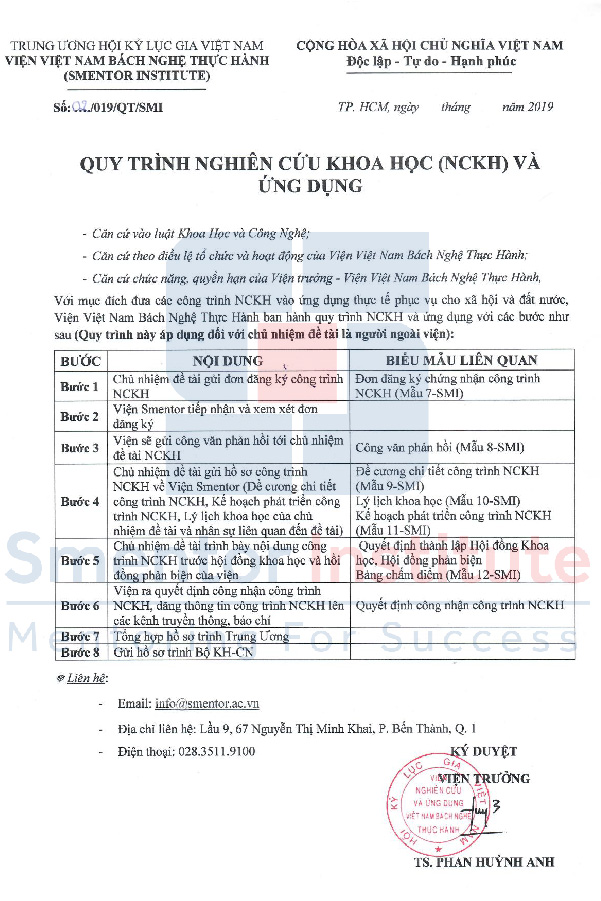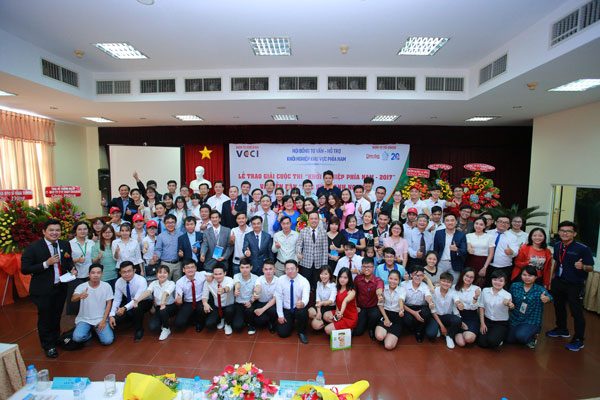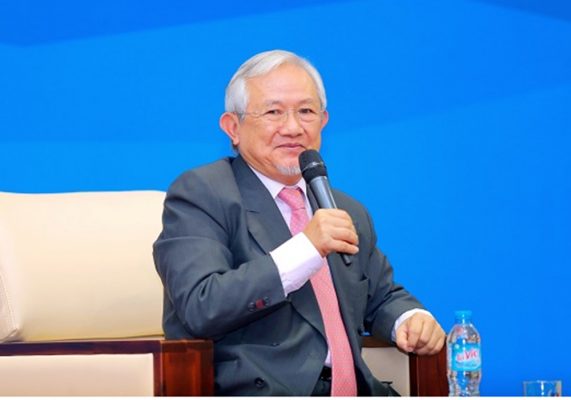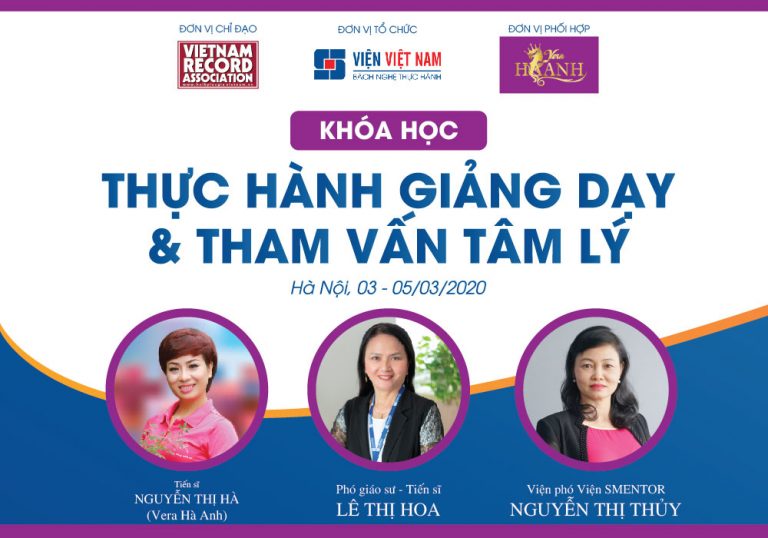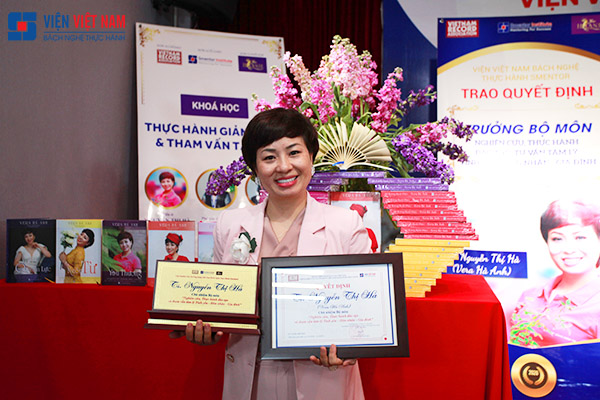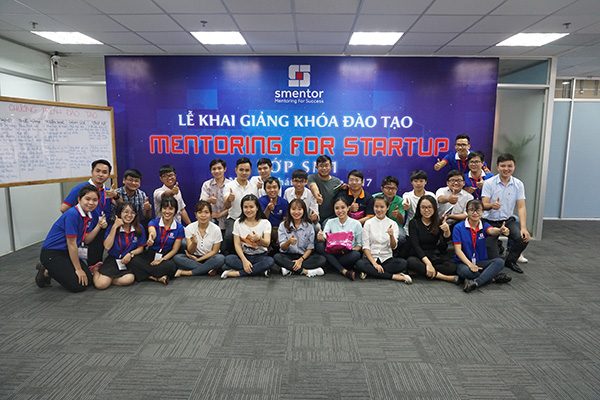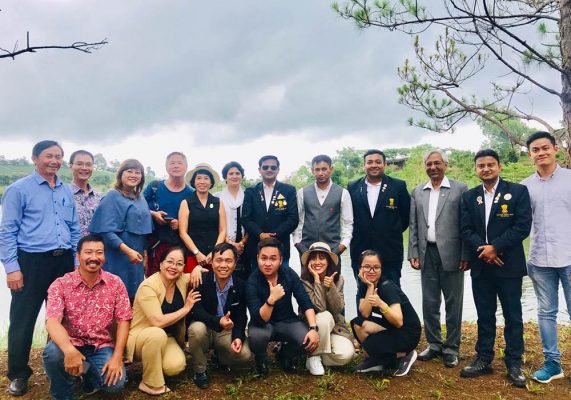The Vietnam Institute of Research and Application of Polytechnics is a leading orientation in researching and honoring professions, creating an environment for training, mentoring, and consulting for the younger cohort of learners, students, young people, scientists, and business managers, with knowledge of training and profession in Vietnam. The Institute is primarily concerned with scientific research and its implementation.
.
What exactly is scientific research?
Scientific research is an act of investigation, evaluation, experimentation, etc, based on collected data, information, and documents, to discover the existence and general laws of things, phenomena, and to gain new knowledge (this is the direction of academic research) or to explore different technical applications, new models of practical significance (this is the direction of applied research).
People who desire to do scientific research must have some understanding of the scientific research project, but most importantly, they must be self-sufficient and meticulous in their research. As a result, as students with limited expertise performing scientific research, they must strengthen their self-study power and ability to develop valuable information, while also choosing topics that are suitable for their talents (including the compatibility of knowledge, time, resources, etc.).
A scientific research topic is one or more scientific difficulties that involve undiscovered or unknown facts but have developed as hypotheses and have the potential to misunderstand the solutions to challenges presented in research or in reality. In other words, the scientific research topic is offered as a result of theoretical or practical requirements and matches the following conditions: the scientific problem contains a disagreement between the known and the unknown, and it is capable of overcoming that problem.
Request:
A scientific research topic must have scientific significance in order to supplement the theoretical content of science; clarify some inherent theoretical problems; build new theoretical bases or build principles of different solutions in engineering, technology, organization, management, etc.
In addition, the topic must be practical to support building arguments for socio-economic development programs; technical needs of production; organization, management, market… At the same time, there must be urgency for the time of conducting research, solving hot, topical issues, and bringing practical value to the cause. theory and practice, contributing to the development of science and life.
Nature:
A scientific research topic is always new and current, focusing on complex and diverse fields of activity of science and life, towards unresolved problems in the field of research. certain scientific research… A scientific research topic needs to be relevant to reality and effective; updated, new, in line with the upward trend of socio-economic, scientific, and technological development.
Classify:
There are many ways to classify NCKH (science research). We will mention two common classifications: by research function and by nature of research products:
- According to research function:
- Descriptive research: to provide a system of knowledge to help people distinguish surrounding objects and phenomena; including qualitative description and quantitative description, description of an individual thing or phenomenon, or comparison between many different things and phenomena.
- Explanatory research: to clarify the laws governing phenomena, the movement processes of things.
- Anticipatory research: to show the movement trend of phenomena and things in the future.
- Creative research: to create completely new laws and things.
- TAccording to the nature of the research product:
- Fundamental research: studies aimed at discovering the properties and internal structure of things and phenomena.
- Applied research: applying the achievements of basic research to explain things and phenomena; creating solutions, technological processes, products to apply in life and production.
- Implementation research: applying basic and applied research to organize and implement at trial scale.
